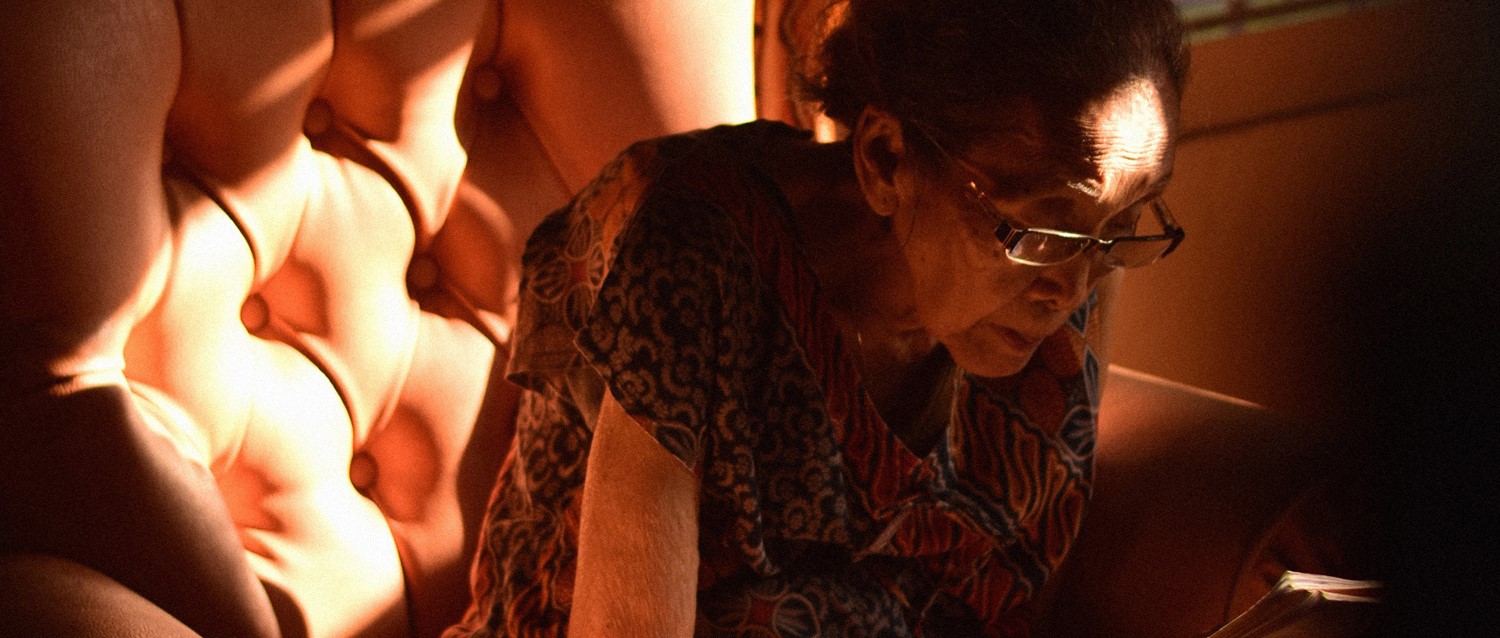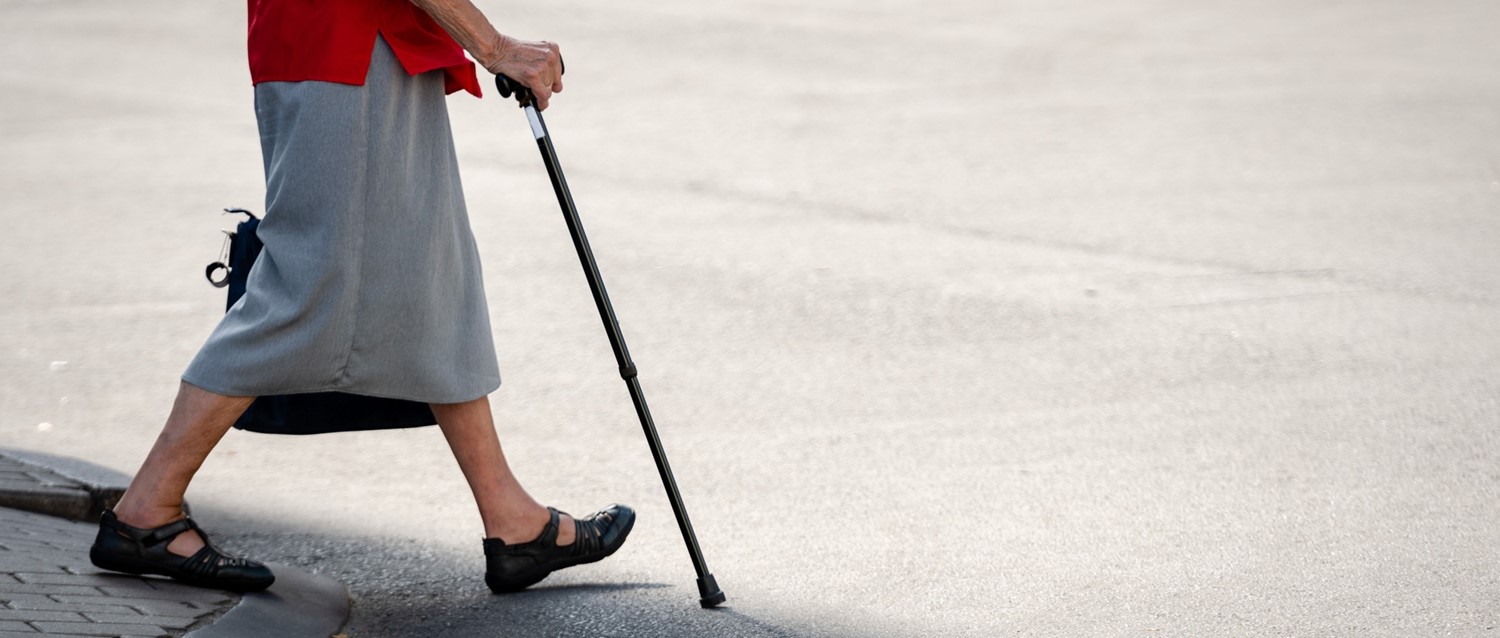
Are older adults missing out when it comes to digital healthcare?
Peer reviewed by Dr Sarah Jarvis MBE, FRCGPAuthored by Milly EvansOriginally published 27 Jan 2021
Meets Patient’s editorial guidelines
- DownloadDownload
- Share
- Language
- Discussion
- Audio Version
Thanks to technology advances, healthcare services are more accessible than ever. The NHS has committed to digitally enabled care going mainstream. And during the COVID-19 pandemic more services have gone online than ever before. But are older people who don't feel confident with the internet being left behind?
In this article:
Video picks for General health
Continue reading below
Mixed interest
Whilst older people are increasingly using the internet and owning smartphones, many still avoid online life completely or use it only on occasion. According to Ofcom, just under one in five over-75s personally use a smartphone, although they are more likely to use larger devices like tablets or computers as their main gateway to the internet. Their research showed that among older people, people with disabilities, women and those from lower socio-economic backgrounds were even less likely to use the internet.
13% of adults do not use the internet, a figure which has remained stable since 2014. This rises to 30% of 65-74 year olds and 51% of over 75s. Despite this, there has been progress in the last five years in getting older people online, with the number of people aged 75+ who have used the internet in the last three months doubling.
"Increasing internet use amongst older people has been a decade-long trend and it's a good thing, since being online can help people access information, public services and cheap deals," says Caroline Abrahams, charity director at Age UK. "However, a substantial group - including the majority of those aged 75 and over - are not online and most of them never will be. Over 79% of all digital exclusion is amongst those aged 65 plus."
Abrahams points out that there are many reasons for this including lack of knowledge, cost and security concerns which prevent internet access for some older people. But shunning the web isn't a negative thing for everyone. "They have lived life quite happily without computers for many years so why should they start now?" she explains.
'I'm just too old'
Back to contentsA study by Lancaster University into internet use in older people found that there are various reasons why older people don't use the internet as frequently as their younger counterparts. For many, a lack of confidence in their own ability to use technology raised fears about security, particularly with online banking.
Ofcom found that older internet users are likely to carry out a narrower range of activities online than the rest of the population, with only 29% of people aged 65+ using the internet for transactions, versus 50% of the general population. Older people were also less likely to use social media, entertainment, communication and browsing tools.
Online shopping raised issues in the Lancaster University study around social isolation and social responsibility, with trips into town being one of a handful of social interactions a lonely older person may have and online shopping threatening the performance of the high street. The study also found that many older people use their age as justification not to use the internet, rather than voicing concerns about cyberbullying and a lack of confidence.
However, the Office for National Statistics also found that 61% of people aged over 65 who didn't use the internet chose not to have access to the internet because they didn't need it, in some cases because it was not deemed useful or interesting to them.
Continue reading below
Health impacts
Back to contentsOne of the biggest concerns about an offline older generation is the likelihood that they will miss out on big developments in health accessibility, especially as many useful NHS services move online.
Madeleine Starr MBE, director of business development and innovation at Carers UK, highlights the fact that many are missing out on useful tools to support care.
"Though many of us use technology in our everyday lives, seven out of ten people don't yet think of technology when it comes to caring. So, many are not yet realising the benefits of this technology. Accessing appointments, ordering prescriptions or having consultations online can all help reduce visits to clinicians and unplanned hospital visits which in turn save time spent by unpaid carers away from work or other family responsibilities."
Health information is becoming more readily accessible, with advice and guidance written by professionals just a click away. Missing out on this crucial information and awareness about important health developments and symptoms to look out for could prevent older people from taking their health into their own hands and being proactive.
Starr agrees: "Advice from specialist websites or symptom checkers are great for those who are unsure if their symptoms are cause for concern or find it difficult to get to a doctor's appointment. They can also take some of the worry out of caring."
Technology is making it easier to offer remote care and support for older people, helping them to remain independent. Wearable devices like watches and sensors are able to track and alert the wearer, or in some cases the emergency services, of heart rate, arrhythmias, lack of exercise and hard falls.
"In an ageing society where more of us are providing care for family or friends, technology can make a huge amount of difference to older people requiring a bit of extra support and those caring for them," expains Starr.
Social isolation and loneliness are a growing issue in the health of older people, particularly during the COVID-19 pandemic when our social lives can't carry on as normal. Technology could help alleviate some of this concern. Users of smartphones have access to social media, messaging, calls and video chats, allowing them to stay in touch with friends and family across the world. In the more distant future, early studies have shown that the development of companion and assistive robots can improve cognitive function, lower blood pressure and improve well-being.
Risks
Back to contentsThere is, as there is with any new technology, the risk that we could worsen the health and well-being of older people and even increase social isolation through increased independence, if these changes aren't implemented carefully. But there is a definite possibility that new technology could save the NHS millions in the costs of care for older adults and reduce the emotional costs of care for both patients and their relatives.
However, Abrahams emphasises that services need to remain accessible to those who aren't online. "While it's fine to encourage and support older people to get online, those who choose not to or who cannot do so, for whatever reason, should not be treated like second-class citizens. They must still be able to access services and resources in other ways that suit them."
Patient picks for General health

Senior health
Navigating Christmas with a chronic illness
While Christmas really can be 'the most wonderful time of the year', the festivities aren't joyful for everyone. If you live with a chronic illness, it's understandable if you find Christmas stressful or anxiety-inducing. However, it is possible to find enjoyment in the festive season alongside managing your conditions.
by Emily Jane Bashforth

Senior health
Can physiotherapy prevent falls in older people?
Older people are at greater risk of experiencing a fall but there are many ways to reduce the chances of one happening. Physiotherapy can help improve strength, balance and flexibility to prevent slips and tumbles.
by Natalie Healey
Continue reading below
Article history
The information on this page is peer reviewed by qualified clinicians.
27 Jan 2021 | Originally published
Authored by:
Milly EvansPeer reviewed by
Dr Sarah Jarvis MBE, FRCGP

Ask, share, connect.
Browse discussions, ask questions, and share experiences across hundreds of health topics.

Feeling unwell?
Assess your symptoms online for free
Sign up to the Patient newsletter
Your weekly dose of clear, trustworthy health advice - written to help you feel informed, confident and in control.
By subscribing you accept our Privacy Policy. You can unsubscribe at any time. We never sell your data.